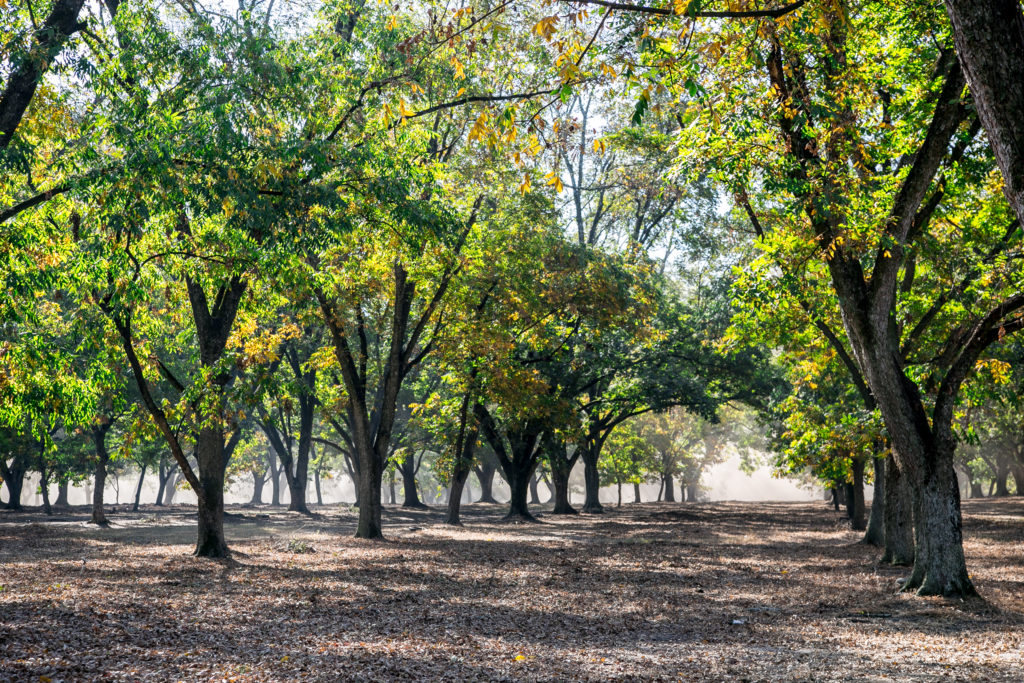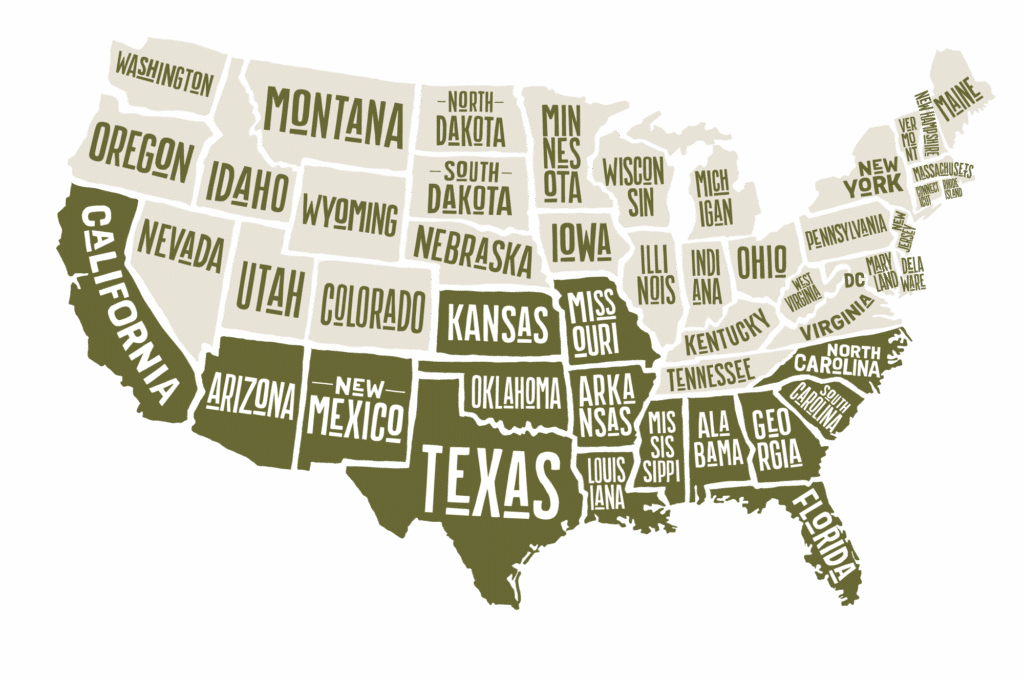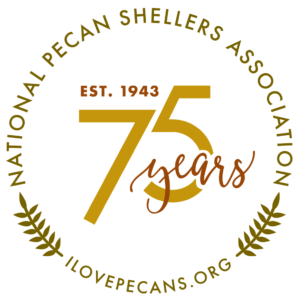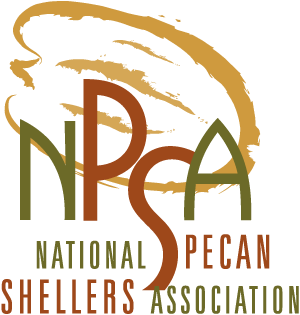The Pecan’s Origin
Pecans are the only major tree nut that grows naturally in North America and is considered one of the most valuable North American nut species. The name “pecan” is a Native American word of Algonquin origin that was used to describe “all nuts requiring a stone to crack.” It is said that Native Americans first cultivated the pecan tree.
Pecan production has steadily increased in the United States, rising from 2.2 million pounds annually in 1920 to between 250 and 300 million pounds today. Pecan processing was developed in the early 1920’s. Improvements in storage life, such as temperature and humidity control, have paved the way for pecans to be exported worldwide.

Pecans Are All Over the Map
Most shelling plants are located in the southeastern and southwestern United States where the majority of pecans are grown.
Significant quantities of pecans also are produced in Mexico’s states of Chihuahua, Coahuila, Durango, Nuevo Leon and Sonora. Modest quantities are produced across the globe in areas such as Australia, Israel, Peru and South Africa.

Celebrating 75 years and growing!
The National Pecan Shellers Association (NPSA) has been committed to its stated mission for 75 years and growing: to support and promote the interest of pecan shellers and the global industry to assure quality, safety and integrity of pecan products worldwide.
February 2018 NPSA begins celebrating its 75th Anniversary with their roots dating back to 1943. NPSA has evolved over the past 75 years into a community of commercial shellers, nearly all multi-generation family businesses, who have devoted their lives and careers to the pecan industry.
NPSA has played a critical role as a solutions provider for the pecan shellers implementing a wide variety of programs and services for the pecan industry as a whole. The association has closely monitored and reported on government pecan statistics on crop production, cold storage as well as imports and exports and, on many occasions, its members have successfully worked with USDA, NASS and other agencies to correct inaccuracies in their reports.
Starting in the mid-1990s, NPSA spear-headed the industry’s only efforts to fund and promote scientific research documenting pecans’ health benefits. Over the years, NPSA raised, entirely through voluntary contributions from shellers and growers, some $4 million to support these efforts. As a result, millions heard for the first time about pecans’ contributions to a healthful diet.
NPSA also has consistently recognized the importance of industry unity. Growers and industry suppliers participate actively in NPSA, including seats on the Board of Directors and the Marketing, Promotion and Research Committee. Those contributions from growers and others have provided unique insights and brought tremendous value to NPSA. In addition, NPSA initiated pecan industry leadership summits and joint conferences with growers, and have annually reported on NPSA programs at grower meetings.

How to pronounce the word “pecan”?
A poll conducted by the National Pecan Shellers Association asked Americans how they say it: A whopping 45 percent of Southerners say “PEE-can,” while nearly 70 percent of those living in the Northeast do, too. That’s heresy to many in the South, including my Hillsborough neighbor and Georgia native Frances Mayes (author of “Under the Tuscan Sun”), who insists on “puh-KAHN.”
My own “investigation” corroborated the pecan pickers’ poll. Jimmy Holcomb, who grew up in eastern North Carolina, defiantly says “PEE-can,” while the Mississippi-born wife of a colleague says “puh-KAHN . . . and if you say PEE-can, watch out.” Kathleen Purvis, author of the 2012 cookbook “Pecans,” wrote in a North Carolina magazine: “Conventional wisdom holds that the difference is regional, one more thing separated by the Mason-Dixon Line. Sorry, but that’s just not so. I’ve listened to people from all over. And in my experience, this pronunciation isn’t North versus South.” By Steven Petrow for the Washington Post – December 23, 2016.


